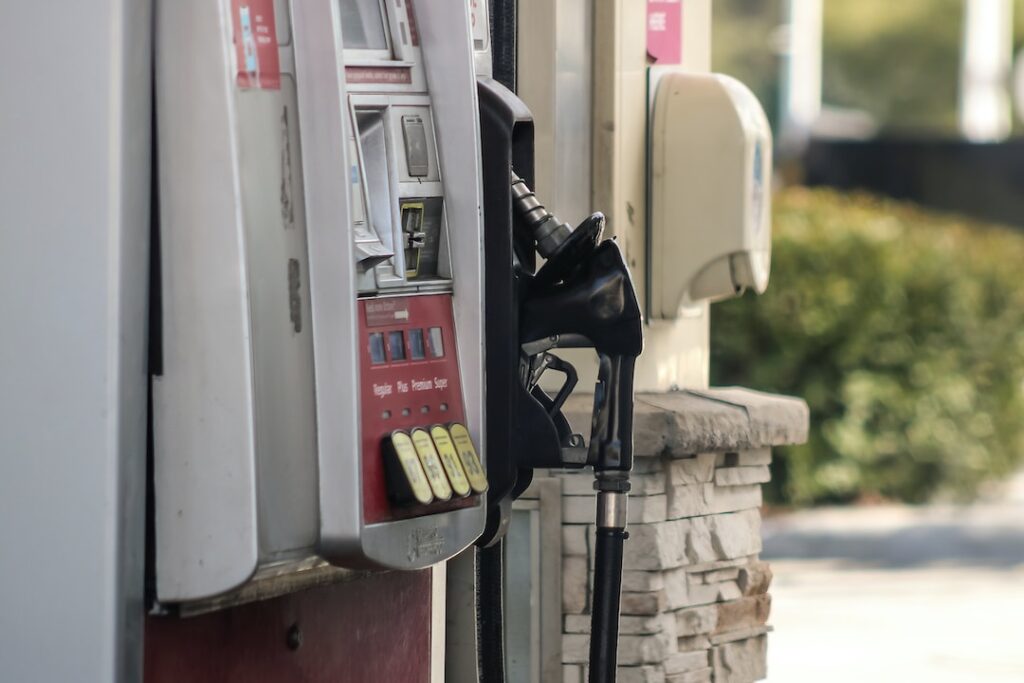Running a fuel station involves much more than simply flipping a sign to open and pumping gas. This business model requires careful planning, sound knowledge, efficient management, and a steadfast commitment to safety protocols. In this article, we’ll delve deeper into the crucial aspects of running a thriving fuel station. Keep reading to learn about the necessary prerequisites, essentials of operation, sustainability considerations, and the importance of leadership skills in this niche industry.
Read also: Baby Shower Games
Preliminary Stage: Setting Up the Fuel Station
Starting a fuel station demands meticulous preparation and solid groundwork. One of the primary considerations is choosing the right fuel supplier. A competent fuel supplier not only ensures regular and on-time supplies but also guarantees the quality of fuel which is imperative for the long-term success of the station. A renowned fuel supplier in Manitoba, for example, offers such regular and reliable service to its clients. It’s important to vet potential suppliers thoroughly to get the best support and fuel products for your station.
Failure to comply with mandatory rules may result in heavy fines, penalties, and in severe cases, closure of the business. It’s imperative that a fuel station operator remains well-versed with every single aspect of these regulations.
Leadership and Organizational Skills: Navigating a Successful Venture
Effective leadership can make or break a business, and running a fuel station is no exception. An effective leader can guide their team toward a common goal, foster a productive work atmosphere, and adapt to changes in the highly dynamic fuel retailing industry. A bachelor’s in organizational leadership, for instance, can equip a prospective fuel station owner with the necessary skills to manage teams, handle complex problem-solving, communicate effectively, make key decisions, and lead with conviction.
Leadership goes beyond mere management; it involves motivating the team, cultivating a robust work ethic, fostering a culture of safety, and creating a customer-centric approach in every facet of the station’s operations. It also includes the ability to foresee trends, gauge competition, and stay a step ahead in this competitive industry.
Operational Essentials: Running the Fuel Station Effectively
Once the foundation is laid, the focus shifts to the day-to-day management of the station. This involves managing fuel inventories, billing, providing excellent customer service, maintaining the station’s cleanliness and safety, and troubleshooting any potential issues that may arise. Training employees to handle equipment safely and politely attend to customers can go a long way in establishing a good reputation for the station.
Another aspect of the operation is marketing. Running seasonal offers, loyalty programs, and value-added services such as car washes or motor oil changes can help attract more customers. Collaborating with local businesses or sponsorships for events can build community engagement and improve visibility. These initiatives not only bring in revenue but also help establish strong relationships with the local community, which can be rewarding both in terms of reputation and sustained business growth.
Sustainability Considerations: The Green Side of the Fuel Station
In today’s environmentally conscious world, incorporating green practices into your fuel station operation is not a choice but a necessity. From waste management to reducing energy consumption, every aspect needs to be optimized for environmentalism. Embracing solar power for station operations, for example, can minimize reliance on grid electricity and significantly lower operational costs.
Waste management is another integral aspect of environmentalism. Efficient methods of dealing with the disposal of used oil filters and recycling of wastewater from car washing services can significantly reduce the environmental footprint of the station.
Overall, running a successful fuel station demands careful planning, effective leadership, an unwavering focus on safety, a keen understanding of the customer’s needs, and sensitivity toward the environment. While the journey requires immense dedication and hard work, the rewards of operating a prosperous fuel station can be highly gratifying. With the right approach and commitment, one can drive their fuel station toward success and sustainability.

